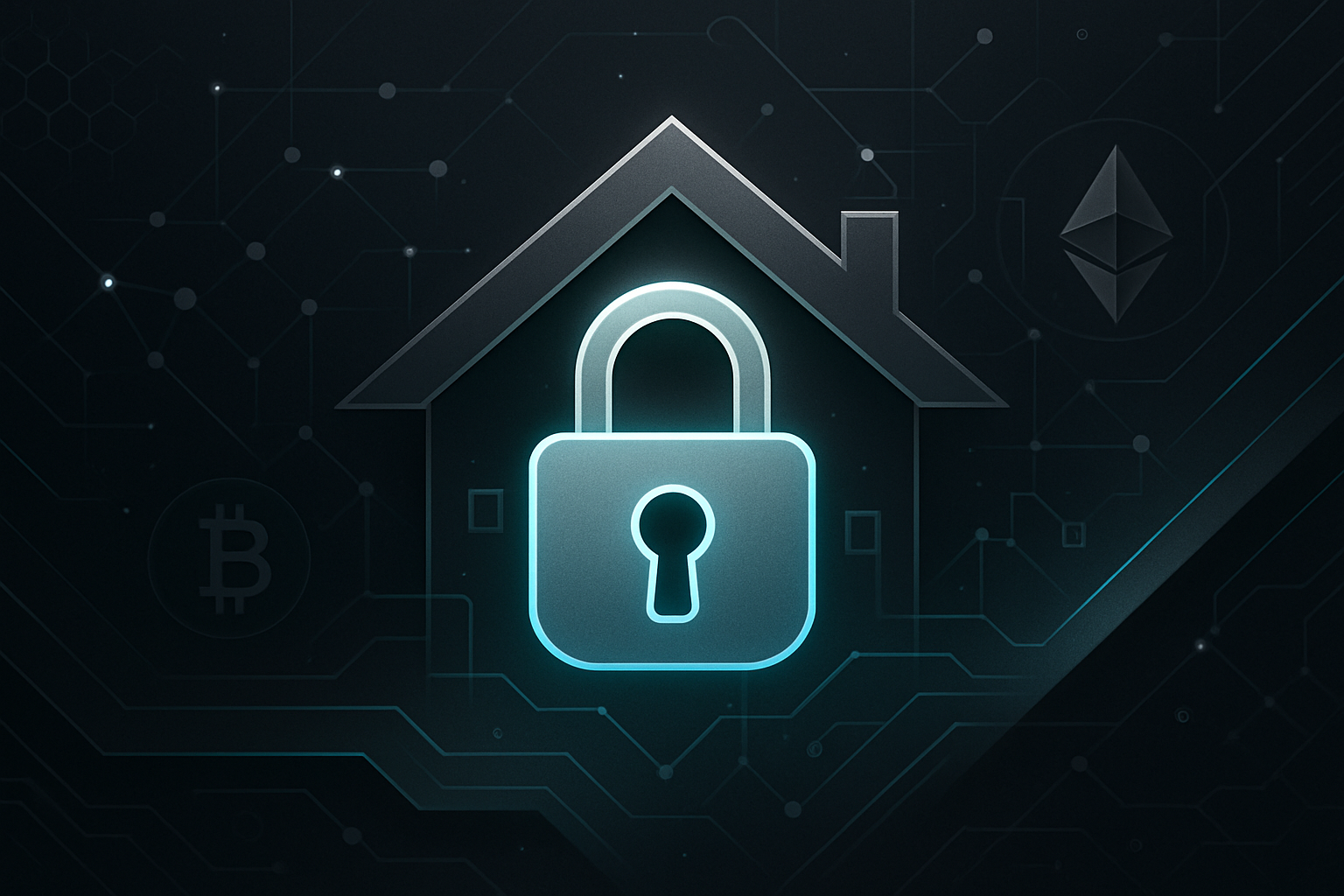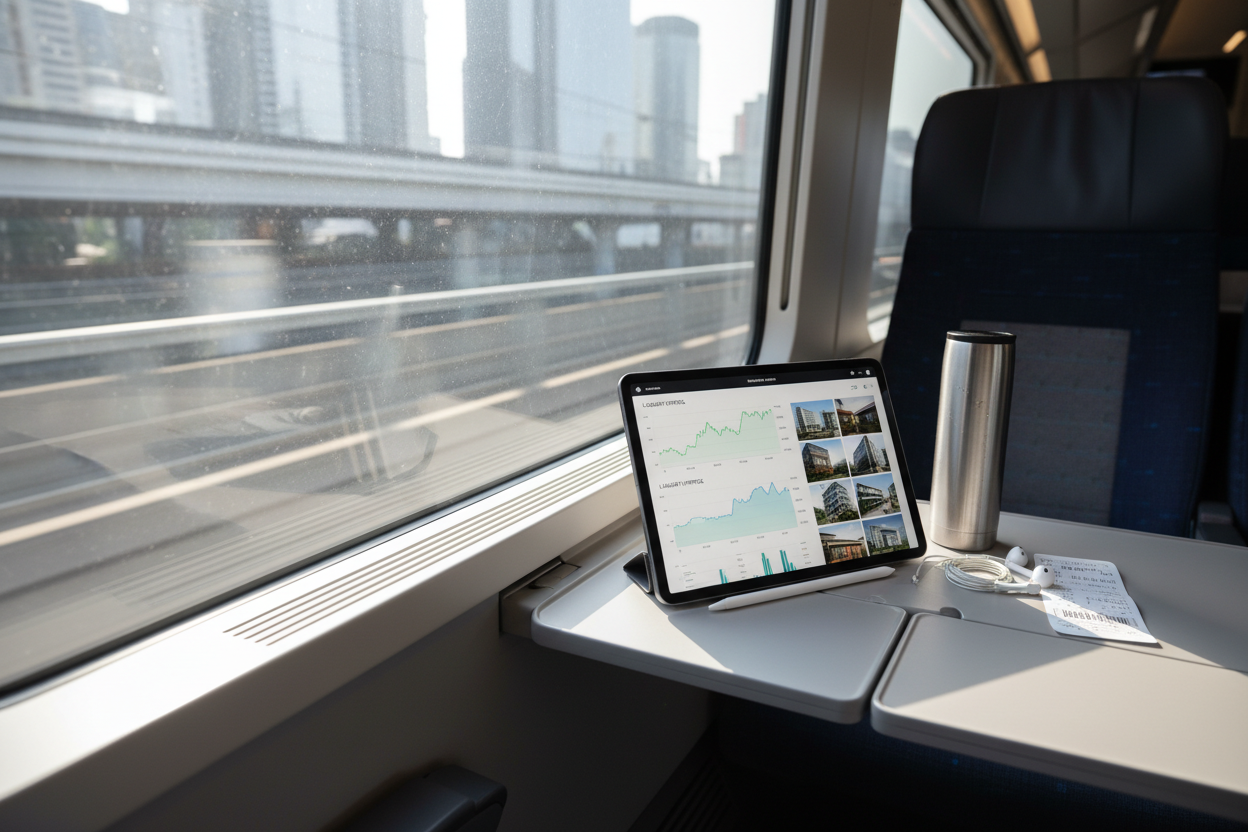How PropertyNFTs Are Transforming Global Real Estate Rentals On-Chain

The global real estate rental market is undergoing a profound transformation, driven by the emergence of PropertyNFTs and on-chain infrastructure. These digital assets leverage blockchain technology to tokenize real-world properties, unlocking a new era of accessibility, transparency, and operational efficiency for both investors and tenants. As platforms like Renta Network and Closin gain traction, the traditional barriers to entry in real estate are rapidly dissolving, making it possible for anyone with an internet connection to participate in the rental economy.

Fractional Ownership: Lowering Barriers for Global Investors
Historically, investing in rental property has required significant capital outlays and local market expertise. PropertyNFTs are changing this paradigm by enabling fractional ownership, where each token represents a share of a physical asset. This democratization allows individuals to invest as little or as much as they want, diversifying their portfolios without being tied to one location or property type.
Platforms like Closin illustrate this shift: users can purchase PropertyNFTs representing shares in curated rental properties, receive proportional rental income, and trade their stakes on NFT marketplaces. This model not only broadens access but also introduces liquidity previously unseen in the real estate sector. For more on how tokenization is reshaping access and ownership models globally, see this deep dive.
Liquidity and Efficiency: Real Estate Becomes Tradable
Illiquidity has long been real estate’s Achilles’ heel. Traditional property transactions are slow, expensive, and often opaque – involving agents, lawyers, escrow services, and weeks (if not months) of paperwork. By contrast, PropertyNFTs convert buildings into instantly tradable digital assets. On-chain transactions allow for near-instant settlement between peers anywhere in the world – no intermediaries required.
The Renta Network exemplifies these advantages by eliminating commissions and enabling peer-to-peer rentals directly via blockchain. Smart contracts automate everything from lease signing to rent payments, reducing friction and costs while enhancing transparency. This approach not only benefits landlords but also empowers tenants with greater choice and flexibility.
Smart Contracts: Automating Trust and Management
The integration of smart contracts is perhaps the most disruptive element of on-chain rentals. These self-executing agreements encode all terms – rent amount, payment dates, maintenance responsibilities – directly into code that runs autonomously on the blockchain. Once conditions are met (such as proof of payment), smart contracts automatically trigger next steps (like releasing access codes or transferring funds), eliminating manual oversight.
This automation reduces administrative overhead for landlords while ensuring tenants enjoy transparent and tamper-proof agreements. Platforms such as Renta Network have already deployed these features at scale; their partnership with Naoris Protocol further enhances security by embedding decentralized cybersecurity measures throughout the rental process.
Security and Transparency: Building Trust On-Chain
Blockchain’s immutable ledger ensures every transaction is recorded permanently, providing an auditable trail that drastically reduces fraud risk. Each PropertyNFT is unique and verifiable – meaning assets can be tracked from issuance through every transfer or lease cycle. This level of transparency builds trust among global participants who may never meet face-to-face but can rely on cryptographic proof instead of paper promises.
Another critical dimension is the use of soulbound tokens and on-chain reputation systems. These digital credentials, tied to user identities, help establish trust in an ecosystem where counterparties may be continents apart. For tenants, a proven track record encoded on-chain can unlock access to premium properties or favorable lease terms, while landlords can confidently vet applicants without relying on potentially biased or incomplete third-party data.
As regulatory frameworks develop, leading platforms are prioritizing compliance and user education. Clear documentation of property rights, rental agreements, and income distributions, stored immutably on-chain, reduces disputes and streamlines auditing for all stakeholders. Importantly, these advances do not just benefit institutional investors; they empower everyday users to become digital landlords, participate in global rental markets, and earn tokenized rental income with unprecedented ease.
Overcoming Challenges: Adoption, Regulation and User Experience
The road to mainstream adoption is not without hurdles. Regulatory uncertainty remains a top concern, especially as jurisdictions worldwide grapple with the implications of tokenized real estate. Platforms must invest heavily in legal compliance and KYC/AML protocols to avoid pitfalls that have plagued earlier blockchain experiments. Additionally, technical barriers, such as wallet management and private key security, require intuitive solutions if PropertyNFTs are to appeal beyond crypto-native audiences.
User education will be decisive. Platforms like Renta Network and Closin are rolling out onboarding resources that demystify wallet creation, token trading, and smart contract interactions. As more users gain confidence navigating these tools, and as successful case studies accumulate, market skepticism will likely recede.
The Future Outlook: PropertyNFTs at Scale
The trajectory is clear: on-chain real estate rentals powered by PropertyNFTs are poised to reshape how we invest in and access property worldwide. Early adopters benefit from first-mover advantages, gaining exposure to global property markets previously out of reach while enjoying automated management and enhanced liquidity.
The next phase will see expanded integration across DeFi protocols, insurance products for digital landlords, and even cross-border lending backed by tokenized rental income streams. As regulatory clarity improves and infrastructure matures, expect institutional capital to follow retail pioneers into this space, amplifying liquidity and driving further innovation.
This is not just a technological upgrade; it’s a strategic reimagining of the real estate value chain for the digital era. For those prepared to navigate its complexities, and seize its opportunities, the emergence of global PropertyNFT rental markets represents nothing less than a paradigm shift.







